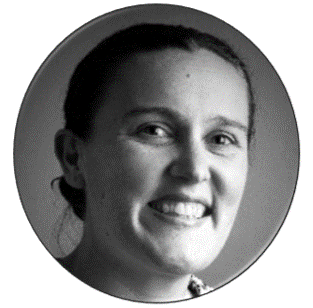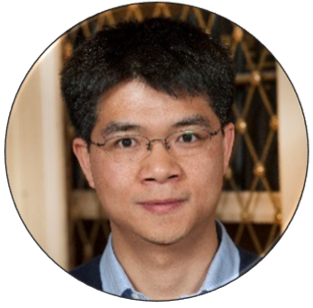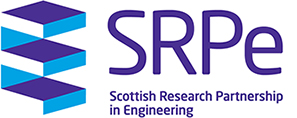Is Synthetic Biology the Future of Tissue Engineering?
Thursday, March 28, 2019
Humanity Lecture Theatre, University of Glasgow, Glasgow, United Kingdom
Is Synthetic Biology the Future of Tissue Engineering?
Thursday, March 28, 2019
Humanity Lecture Theatre, University of Glasgow, Glasgow, United Kingdom
What you need to know
Confirmed Speakers
Prof. Jon Cooper Prof. Jerome Bibette Prof. Oscar Ces
University of Glasgow ESPCI, Paris Imperial College, London


Dr. Darcy Wagner Dr. Wang Baojun
Lund University University of Edinburgh
Dr. David Lunn Dr. Frank Gesellchen
OxsyBio Ltd. Sphere Fluidics Ltd.
Synopsis
Synthetic biology has proven to be an effective means for reconstructing functional biological devices from the basic building blocks of living systems. This bottom-up approach provides simple models for a better understanding of complex biological processes, including diseases and their treatments.
Recent advances in engineering and biology have enabled the development of cell chassis (or protocells), as artificial lipidic or polymeric membranes encapsulating genetic material for a variety of applications ranging from studies on cell and membrane activities, animal-free drug testing to tissues engineering. The latter is significant as synbio provides the opportunity to build responsive tissue construct (with sensors and actuators) all based on biological components, with the potential to generate ‘smart artificial organs. These early studies provided a deeper understanding of both fundamental biological processes and applications in biotechnology and medicine.
Cross-disciplinary research collaboration can address different aspects of such complex systems, in the generation and stabilisation of the chassis (as droplets), surface adsorption of enzymes and proteins (as actuators and sensors), formation of membranes and intracellular signalling pathways (as ‘living’ computers).
This workshop aims to bring together experts in relevant research fields, e.g. colloids, surface chemistry, materials and bio-medical engineering, to promote discussions on their research challenges and identify immediate and/or long-term goals for successful projects.
Workshop Programme
The workshop will be a two half-days. It will start on 28th March afternoon with talks and a discussion panel on the end of the day. The discussion will continue on the 29th March morning in form of round the table discussions.
The detailed workshop schedule will be available soon.
Contact
Please contact local organisers for more information
Dr. Elijah Nazarzadeh, Dr. Julien Reboud, Dr. Manlio Tassieri, Ms. Xi King and Ms. Louise Mason

This workshop is enabled by funding from Scottish Research Partnership in Engineering
Location
Humanity Lecture Theatre, University of Glasgow
University Avenue, Glasgow, G12 8QQ United Kingdom
Venue
The Humanity Lecture TheatreUniversity of Glasgow
Glasgow G12 8QQ
(Please see Google map (Front) for exact location)
Directions
The venue located in the main building of the University of Glasgow accessible through either Professor's Square or West Quadrangle (marked as A24 on the map)
By Subway/Bus – the closest Subway stations are Kelvin Bridge and Kelvin Hall stations.
For buses routes to and from central Glasgow are: 2, 3, 4, 4A and 77.
By Rail – the closest national train station are Partick and Charing Cross stations.
By Air
- 7 miles west of the University
- First Bus service (77) connects the West End of Glasgow and the airport. The Glasgow Airport Express bus service connects the city centre and the airport. First Bus Greater Glasgow
- Taxi fare from the airport to the West End costs approximately £21. From the city centre to the West End costs approximately £8.
- Direct flight connections to all major European hubs, plus North America and the Middle East
- 33 miles south west of the University
- Dedicated rail station
- Airport bus service to city centre takes around 45 minute
Edinburgh International Airport
- 42 miles east of the University
- Bus Service (Citylink Air) direct to Buchanan Street Bus Station in Glasgow
For more information and a map, please visit : https://www.gla.ac.uk/explore/maps/
When
- Thursday, March 28, 2019
- Add to calendar
Organiser
- Elijah Nazarzadeh
- Phone 01413306126
- See more from Elijah Nazarzadeh
- Terms and privacy policy




